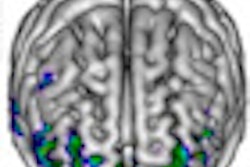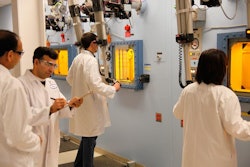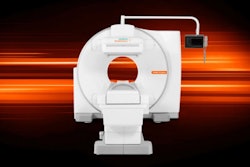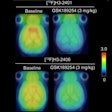A report from the Institute for Quality and Efficiency in Health Care in Cologne, Germany, has determined that "no robust conclusions are possible" on the advantages or disadvantages of using PET to detect recurrences of malignant gliomas.
Depending on the disease stage, the fast-growing brain tumors offer poor prospects of recovery in patients.
The institute investigated two research questions:
- Does PET or a combination of PET and CT contribute to patients with recurrence of glioma surviving longer or experiencing fewer complications caused by their disease or treatment?
- Can recurrence of glioma after treatment be detected more accurately with PET or PET/CT than with other methods?
Researchers reviewed 12 studies on PET and concluded that the results differed so substantially between studies that no general answer could be provided. Not a single study on PET/CT was found.
"This lack of good studies is regrettable," the authors wrote. "PET has been applied in studies investigating patients with brain tumors since the early '80s; there would have been enough time to conduct meaningful studies."
The institute recommended that studies be conducted as quickly as possible. "As gliomas are relatively rare," they added, "ideally, several hospitals should cooperate on an international level in order to obtain robust data within a reasonable period of time."
Related Reading
PET/CT helps predict lung cancer recurrence, December 8, 2010
Combined PET/CT CAD improves lung nodule detection, August 6, 2010
PET/CT helps speed lung cancer diagnosis, October 2, 2009
More PET/CT lung masses seen with hardware-based fusion, April 26, 2005
CT, PET staging may negate need for mediastinoscopy in lung cancer, April 11, 2005
Copyright © 2011 AuntMinnie.com




















